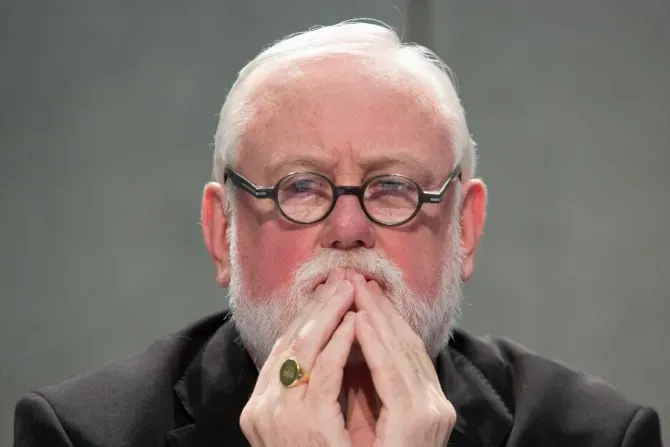Johannesburg, 07 October, 2021 / 9:40 pm (ACI Africa).
The Secretary for Relations with States of the Holy See, Archbishop Paul Richard Gallagher, has maintained the support of the Vatican entity of a call to waive barriers in the production of COVID-19 vaccines as proposed by South Africa and India.
In the proposal that has attracted wide-reaching support, the two countries on 2 October 2020 asked the World Trade Organization (WTO) to suspend its enforcement of key patents for COVID-19 vaccines and treatments, in order to allow countries to produce generic treatments and expand vaccine access.
In his address during the 15th Ministerial Conference of the United Nations Conference on Trade and Development (UNCTAD), Archbishop Gallagher noted that the Holy See has always supported the proposal that still faces resistance from some WTO members.
The Vatican official warned that the “significant inequalities” in access to medications and vaccines posed a major challenge to the countries that could not afford the vaccines.
“Health and access to medications and vaccines is yet another area characterized by significant inequalities that could pose significant repercussions in the future and dangerous risks for systemic resilience,” Archbishop Gallagher said in a report shared Wednesday, October 6.








